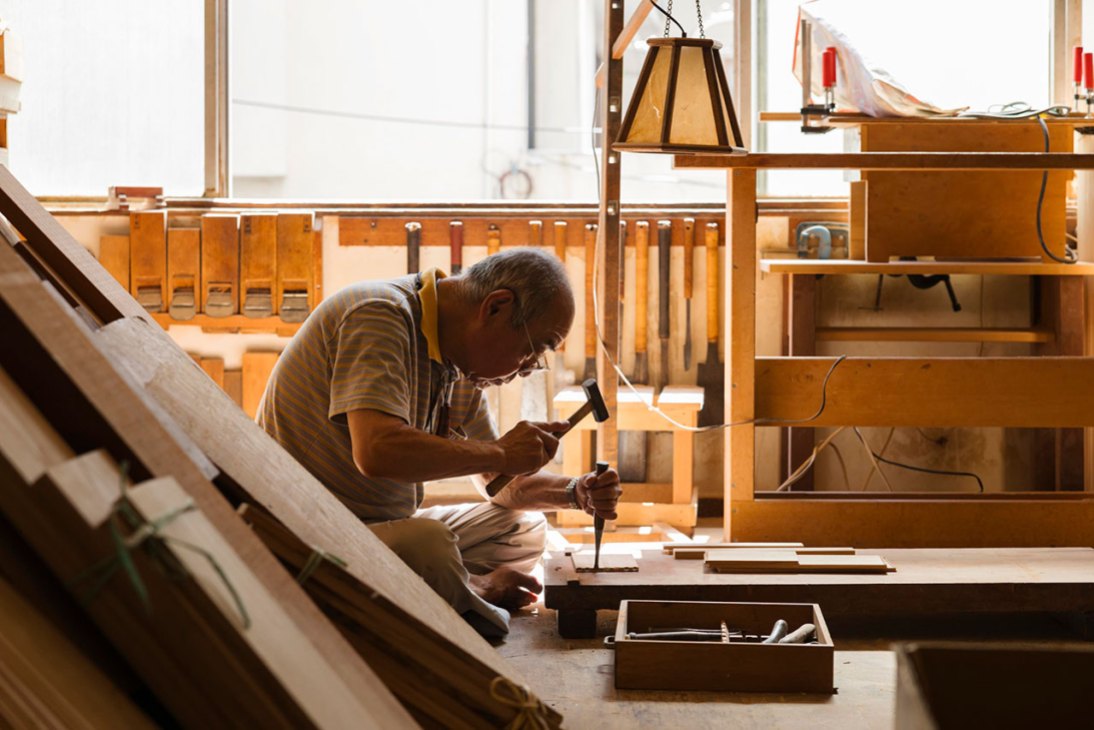As AI threatens cushy desk jobs, it’s time to re-evaluate manual labour
The promise of almost all technological progress is that it will make human life easier. This is understandable enough: there’s little sense in devoting time and resources to making things more difficult and annoying (though those responsible for updates to Microsoft Office appear to have formed a different view). The latest such advances to promise us freedom from drudgery and graft are artificial intelligence and next-generation robotics – but there are indications that these particular developments might have consequences not only unintended but verging on the opposite.
New analysis by Microsoft suggests that those pleasant, air-conditioned office jobs created by previous leaps forward might be among the first for the chop in this one. The careers rated most likely to survive the coming reckoning include cement masons, firefighters, glass installers and embalmers – possibly because they’ll be called upon after newly redundant management consultants wreak terrible revenge upon their former workplaces. Manual labour might be making a comeback.

Anyone who works in a desk-bound field will presently be experiencing a certain existential itchiness, even those of us who fancy that we are creating something. AI can already crank out plausible simulacra of writing, music, pictures and film. It might all be pointless garbage but so is much of the writing, music, art and cinema that humans manufacture. If large numbers of people are unfussy enough to consume such mediocrity, they’re unlikely to be too bothered about whether it cost anyone anything to produce. A recent survey by US management consultants Bain & Co gleaned that about 40 per cent of people were willing to consume AI-generated music, 30-odd per cent unbothered if newspapers and magazines were written by machines and more than a quarter happy to sit down with a book authored by a few prompts tapped into an interface.
It is difficult for those of us who write anything for a living to consider these figures and the future they portend without trepidation. This is even more the case for those of us, your correspondent included, who were impelled towards writing stuff for a living at least partially by a lack of practical aptitude. I’m not a completely hopeless case; I can change a light bulb without burning the house down and so on. But if anything requiring the use of tools needs doing, it gets done by a professional, who I pay with the money that I earn by doing the thing I actually can do.
The question of what happens if such money is no longer on offer appears to have been anticipated in some quarters, at least. In the UK, 16-year-olds are to be offered new vocational qualifications called V-levels, a manifestation of the Labour government’s enthusiasm for reorienting post-school ambitions from degrees for the sake of degrees towards apprenticeships in how to build and fix things.
This is a worthy and sensible cause. Among the British middle classes in particular, there has long been an absurd, snobbish horror of the idea that Junior should take up some sort of trade, even if there are few varieties of people more useful or admirable than those who can build and fix. Indeed, for someone as hapless in these respects as me, watching a competent carpenter or plumber at work elicits something of the wonder of seeing magic close up.
It is probably too late for me to retrain in anything involving tools, wires or hazardous substances – and it would likely be unsafe for anybody within a potential blast radius. But it would not be an altogether bad thing if more people were able to turn their hitherto uncalloused hands to something (arguably) more useful than circulating emails and sitting in meetings. And those of us who can still make a living commentating on politics might look forward to the populist-demagogue grievance merchants of the future trying to rabble-rouse the unemployed HR co-ordinators, social-responsibility managers and strategic alignment officers.
Andrew Mueller is the host of ‘The Foreign Desk’ on Monocle Radio and a regular Monocle contributor. For more opinion, analysis and insight, subscribe to Monocle today.
Read next: The great AI art hoax: how a fake band fooled millions – and what it means for creativity



